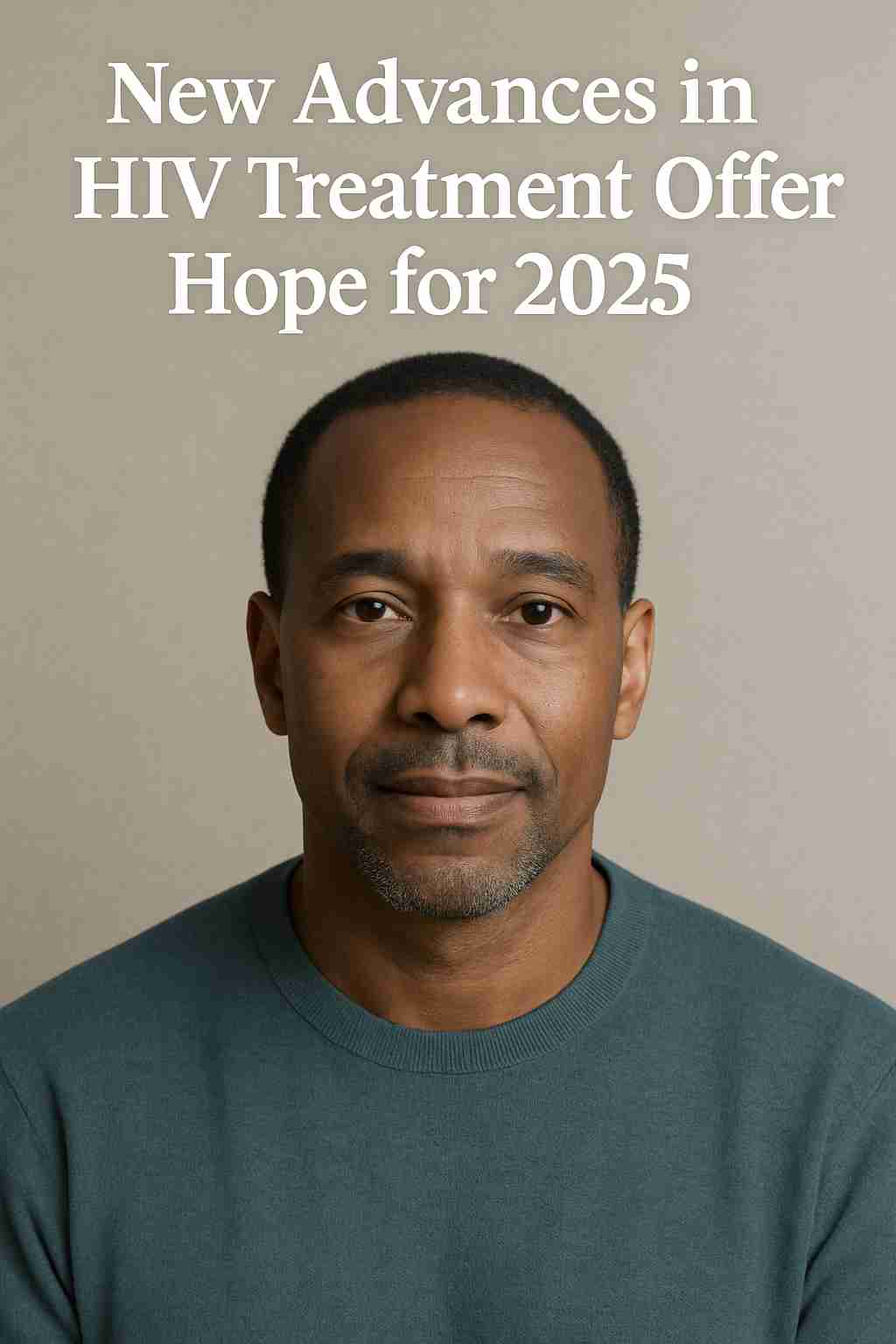Summary: The inventor of the machine used to count T-cells, collect stem cells, and measure or collect many other rare cells was awarded the prestigious Kyoto Prize for advanced technology, at a ceremony in Japan.
—————————————-
Leonard Herzenberg, Ph.D., professor of genetics at Stanford University, received the Kyoto Prize, often called the Japanese version of the Nobel Prize, for developing the fluorescence-activated cell sorter (FACS), the machine that measures patients’ CD4 cell counts, and many other cells for research. The same machine can physically sort rare blood cells such as stem cells into a separate compartment, where the living cells can be cultured for research or treatment. The dean of Stanford’s School of Medicine called FACS “one of the most important medical devices ever developed.”
Dr. Herzenberg received the prize November 10, 2006, at a ceremony in Japan. “I only wish it were possible to be shared with my wife and lifelong colleague, Leonore Herzenberg,” he said. Leonore Herzenberg, Ph.D., is also professor of genetics at Stanford. The Kyoto Prize, for contributions to humanity as well as to science, is awarded to one individual in each research team.
The Herzenbergs may be familiar to readers of AIDS Treatment News for their studies of NAC (n-acetylcysteine) to restore antioxidant protection by correcting glutathione deficiency in HIV disease. NAC is also being studied in treatment of many other conditions, from bacterial meningitis to cocaine dependency.
For more information, see:
https://news-service.stanford.edu/news/2006/november15/med-kyoto-111506.html
https://news-service.stanford.edu/news/2006/june14/herz-061406.html
and
https://siarchives.si.edu/research/videohistory_catalog9554.html
(Note: the third link is to the Smithsonian Institution, describing its collection of videotapes on the development of FACS.)
—————————————-
Return to home page: www.aidsnews.org
Free subscription to announcements online: send a blank email to subscribe@aidsnews.org — and reply to the email request from Yahoo to confirm your subscription. You will receive about five emails or fewer per month and can leave the list at any time. Or just visit www.aidsnews.org to read the articles — no subscription or registration required.
Copyright 2007 by John S. James. We prefer that you link to www.aidsnews.org or a specific article — no permission required. Otherwise permission is granted for nonprofit use. Please check with us (aidsnews@aidsnews.org) before copying articles more than a year old.



